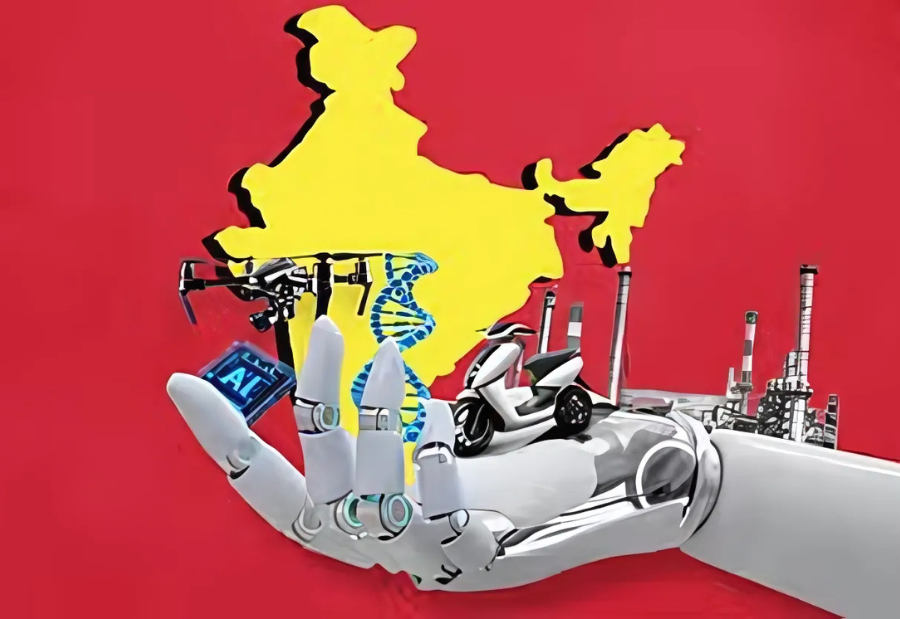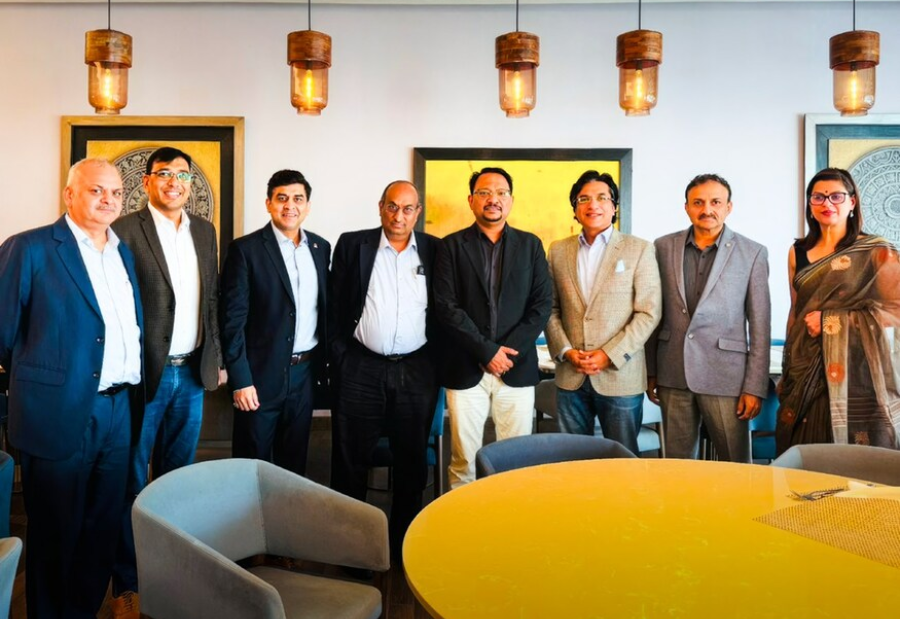Getting into a prestigious Indian Institute of Technology (IIT) was meant to bring financial relief for Paras and his family. But instead, his situation has worsened because of long delays by the federal government in releasing his monthly fellowship of ₹37,000 (\$435).
Paras is a research fellow at IIT, working on solutions to global public health challenges caused by infectious diseases. His fellowship is part of the INSPIRE scheme funded by India’s Department of Science and Technology (DST).
But delayed payments under the scheme have left him unable to pay for the laptop he bought for research in 2022. His credit score has fallen, and his savings plans have collapsed.
Paras’s parents are farmers in a drought-hit region of western India with little income. To survive, he has had to borrow money from friends, including between August and December last year.
He is not alone. Media spoke to nearly a dozen current and former INSPIRE fellows from top Indian institutes like the IITs and the Indian Institutes of Science Education and Research (IISER). Many said they had not received their stipends for three to nine months.
The delays and lack of clarity have badly affected their research work. Some researchers have also raised their voices on social media, tagging Prime Minister Narendra Modi and Science and Technology Minister Jitendra Singh.
“For over a year now, many of us who are pursuing PhDs under DST-funded fellowships have not received our stipends,” Sayali Atkare, an INSPIRE fellow, wrote on LinkedIn. “This has pushed many young researchers into severe financial and emotional stress.”
India ranked 39th among 133 countries in the Global Innovation Index last year, a slight rise from the previous year. The government highlighted this as an achievement, crediting its policies for supporting innovation, entrepreneurship, and research.
At a government event in April, Modi praised India’s research growth, saying the government had doubled spending on research and development (R\&D) in the last decade and increased patent filings from 40,000 to over 80,000.
But an analysis of official data and researcher interviews suggests that the government is focusing more on commercial and corporate-led research than on academic research in universities.
For example, 70% of the Science and Technology Department’s budget this year is being spent on providing interest-free loans to private firms researching in areas like semiconductors.
Meanwhile, funding for schemes like INSPIRE has been reduced, despite claims of increased investment.
In January, the government merged three R\&D schemes to create ‘Vigyan Dhara’ for better fund management. But this has caused more confusion, leading to delays as institutes were asked to open new bank accounts.
The government also claimed a big rise in the Vigyan Dhara budget, but calculations reveal a 22% fall compared to previous allocations.
At the same time, ₹200 billion (\$2.35bn) has been set aside under a new Research, Development and Innovation scheme to support private sector research.
“The government throws around big terms, but those toiling in laboratories are suffering,” said Lal Chandra Vishwakarma, president of the All-India Research Scholars Association.
“Right now, I would say only people with privilege \[and high-income backgrounds] should be in academia. Not because that’s how it should be, but because for others, it’s just so hard,” an IIT professor said.




